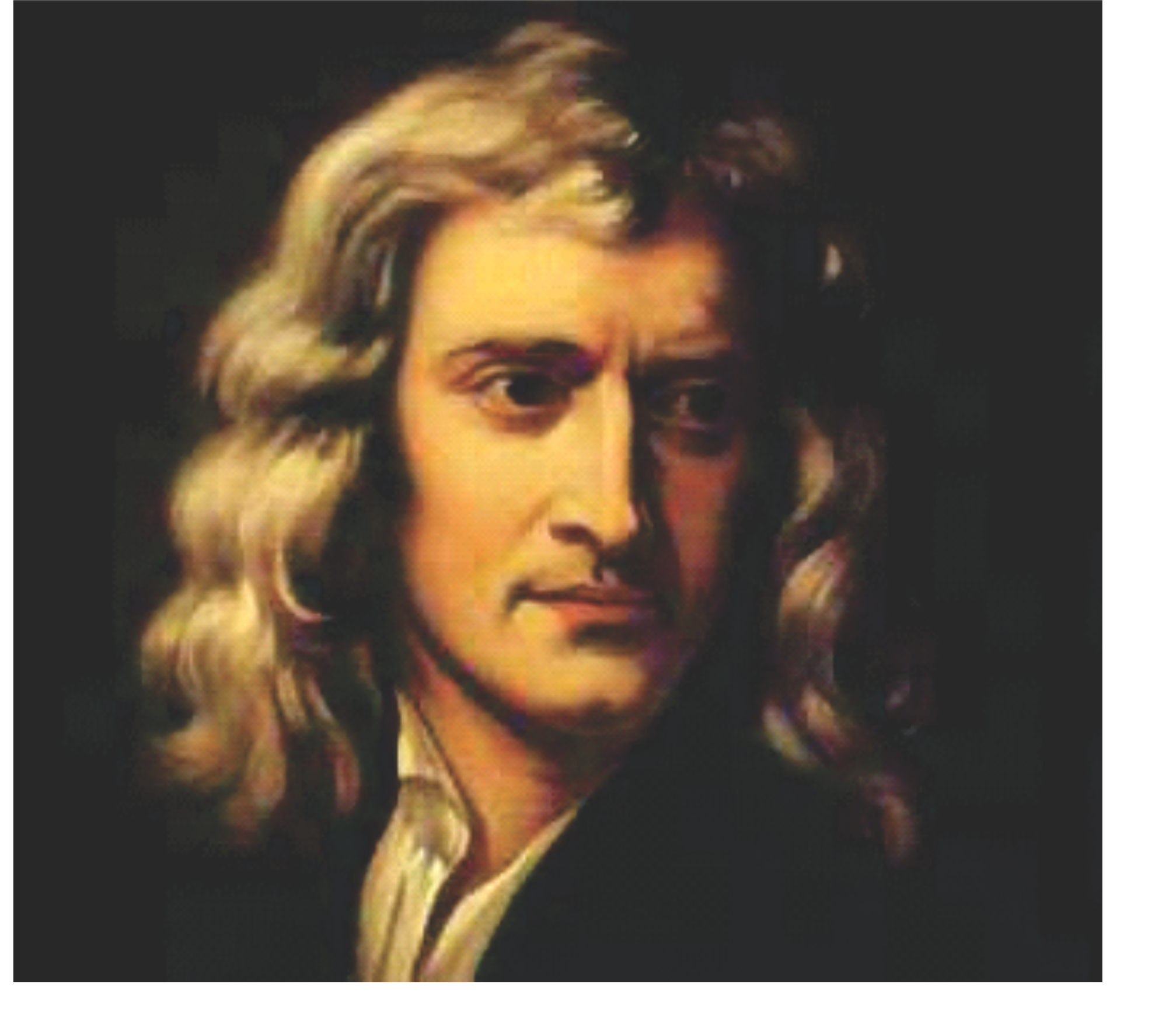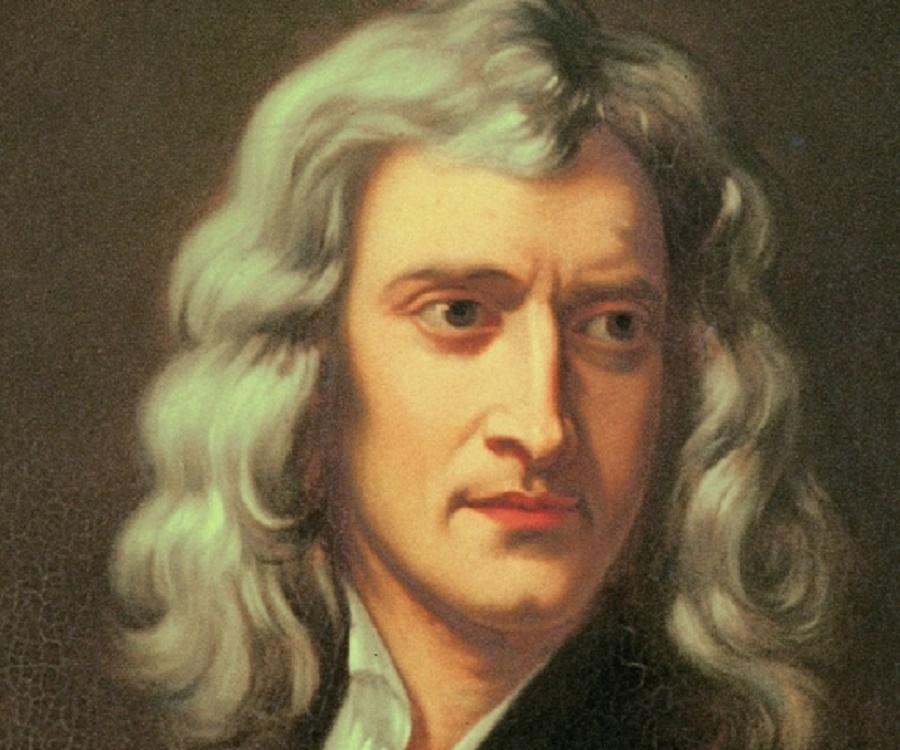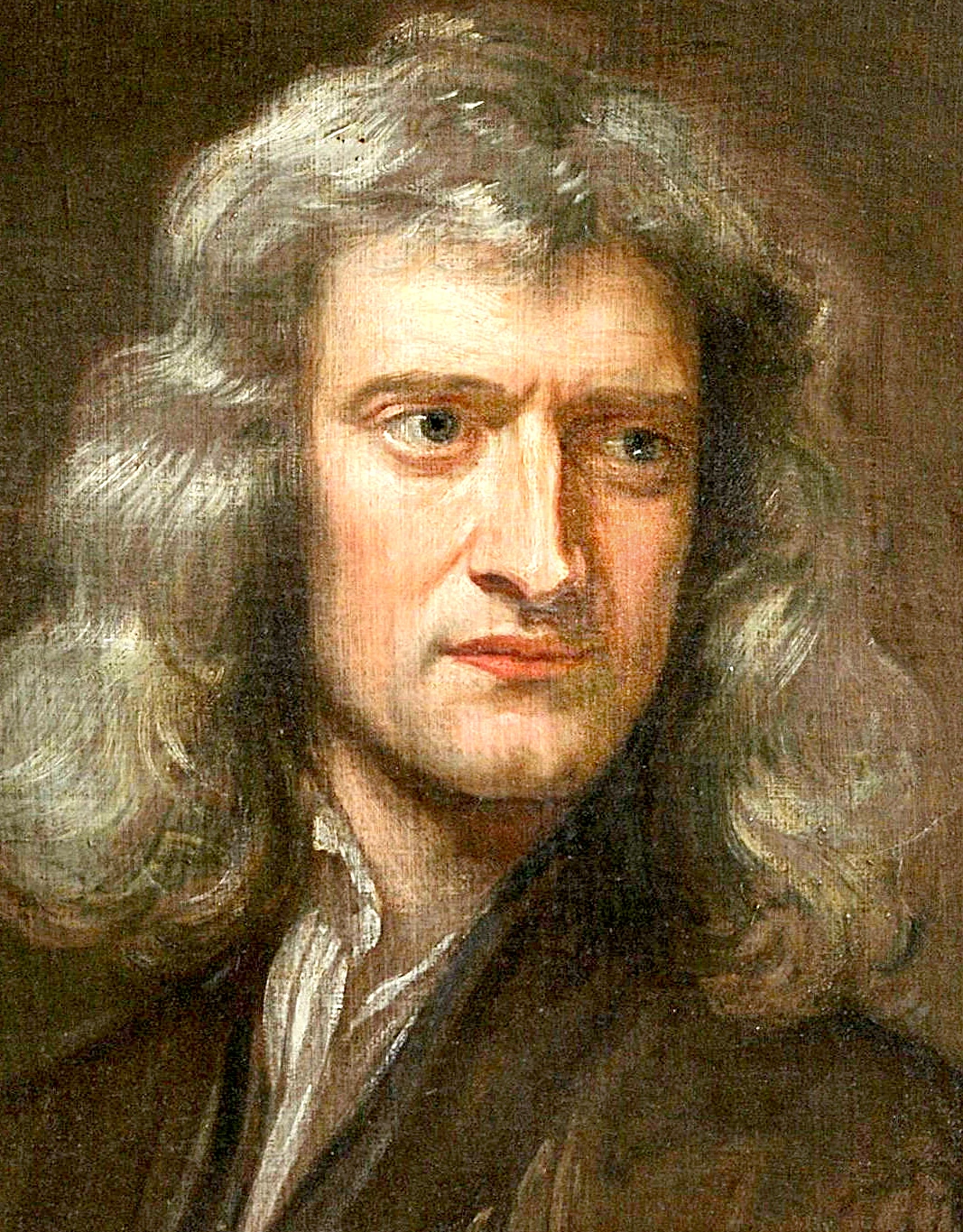Newton Knight Find A Grave - Unearthing A Legacy
There are names that just stick with you, aren't there? Names that conjure up pictures of something truly big, something that changed how we look at the world. When you hear "Newton," your mind might immediately go to grand ideas, the kind that shape how we think about everything around us. It's almost as if some figures from history leave such a mark, their presence is still felt, like a quiet echo in the very fabric of our lives.
So, we're talking about a kind of search, a way to uncover the lasting impact of someone truly remarkable. This isn't about digging up old bones, not really. It's more about finding the enduring spirit, the ideas that live on, the places where a person's influence still resonates, even centuries later. It's about how we can still find the "grave" of their ideas, you know, the place where their work is laid to rest but also continues to sprout new ways of thinking.
You might be wondering, then, how does a person like "Newton" fit into this picture, especially when we talk about finding a lasting mark? Well, the name itself carries a certain weight, doesn't it? A kind of historical echo. We're going to explore a figure whose intellectual contributions were so vast, so truly foundational, that finding the core of his work is like uncovering a hidden treasure, a historical marker that points to where modern thought really began.
- Porn Sleep Daughter
- News On Michael Strahan
- Michael Jackson Mcculkin Culkin
- National Treasure 2 Blu Ray
- Sexy Cheer Leader
Table of Contents
- A Life of Discovery - The Newton Story
- Personal Details - The Man Behind the Mind
- How Did Newton Revolutionize Our Thinking?
- Gravity, Motion, and the Force of Newton's Ideas
- Did Newton Invent Calculus and Explain Light?
- Newton's Approach - Finding Truth in Phenomena
- Where Can We Still Find Newton's Influence?
- The Final Resting Place - More Than Just a Grave
A Life of Discovery - The Newton Story
Thinking about someone like Sir Isaac Newton, it’s like peering back into a time when the biggest questions about the universe were just starting to get some answers. He was born a little early, you know, a tiny baby on January 4, 1643, in a small place called Woolsthorpe, which is in Lincolnshire, England. His mother apparently thought he was so small, he might not make it. But, as a matter of fact, he did more than just make it; he went on to live a life that would change how everyone saw the physical world.
His time on Earth stretched quite a bit, too. He passed away on March 31, 1727, in London. So, from a small English village to the heart of London, his life was a testament to the power of a curious mind. He was, in some respects, a person who dabbled in many different fields of study, which was pretty common for scholars back then. He wasn't just good at one thing; he had a hand in many different areas of knowledge, which is quite something to think about, isn't it?
This English thinker was a polymath, which simply means he was active in a whole bunch of subjects. He was a person who figured out mathematical puzzles, explored how the physical world works, looked at the stars, experimented with old-fashioned chemistry, and even thought deeply about religious matters. It’s almost as if his mind was always buzzing with questions, always trying to get to the bottom of things, even the really big ones about the cosmos. He truly was a person who explored many different kinds of ideas.
- Brooklyn Love
- Amazon Dearfoam Slippers Womens
- Lululemon Summer Sale
- Nicholas Hoult Birthday
- Johnny Galecki Salary
Personal Details - The Man Behind the Mind
When we talk about the people who shaped history, sometimes the little facts about their lives help us feel a bit closer to them, don't they? Isaac Newton was one of those figures whose personal story, in a way, is just as interesting as his big ideas. He started out very small, as we mentioned, a tiny infant, and grew into a person whose thoughts were anything but small. Here are some quick facts about his life, just to give you a clearer picture of the man.
| Detail | Information |
|---|---|
| Full Name | Sir Isaac Newton |
| Birth Date | January 4, 1643 (Old Style) / December 25, 1642 (New Style) |
| Birthplace | Woolsthorpe, Lincolnshire, England |
| Death Date | March 31, 1727 (New Style) / March 20, 1727 (Old Style) |
| Deathplace | London, England |
| Nationality | English |
| Main Fields of Work | Mathematics, Physics, Astronomy, Alchemy, Theology |
| Key Contributions | Laws of Motion, Universal Gravitation, Calculus, Optics |
So, you see, his life spanned a good chunk of the late 17th and early 18th centuries, a time when new ideas were really taking hold. He was a person who dedicated his time to figuring out the world, and his work, you know, really laid down some fundamental ways of thinking that we still use today. It's pretty amazing to think about how one person could have such a broad and lasting impact, isn't it? He truly was a person who made a big mark.
How Did Newton Revolutionize Our Thinking?
It’s a big statement to say someone "revolutionized" how we think, but with Isaac Newton, it’s actually pretty accurate. Before him, people had ideas about how things moved or why an apple fell from a tree, but they weren't all connected in one clear picture. Newton, basically, gave us a set of rules that made sense of so much of what we saw happening around us. He changed our way of looking at the universe in a really fundamental way.
He came up with these ideas about how things move and why objects pull on each other, which we now call his laws of motion and universal gravitation. These weren't just small adjustments; they were like a complete shift in how people understood the physical world. It was a bit like someone finally giving everyone the instruction manual for how the universe operates. His work, you know, really helped to set the stage for modern science, which is pretty cool when you think about it.
His contributions were a truly big deal for the scientific changes happening in the 17th century. He was a person who played a very important part in moving science forward, away from older ways of thinking and towards a more evidence-based approach. It’s fair to say that without his insights, the path of scientific discovery would have looked very different, and we might not have found our way to so many of the scientific truths we hold dear today.
Gravity, Motion, and the Force of Newton's Ideas
When most people hear the name Newton, the first thing that often pops into their head is gravity, right? And for good reason! His ideas about universal gravitation explained why things fall, why the moon stays around Earth, and why planets go around the sun. It was a huge leap in understanding, honestly, connecting what happens on Earth with what happens in the sky. He showed that the same fundamental rules apply everywhere, which was a pretty mind-blowing concept at the time.
But it wasn't just gravity. He also came up with laws that described how objects move when forces act on them. These laws, still taught in schools today, explain things like why a ball keeps rolling unless something stops it, or why pushing something harder makes it go faster. His most significant work, you know, really centered on these ideas of forces and developing a universal rule for how gravity works. He gave us a way to predict and measure how things move, which was incredibly powerful.
And speaking of force, his name even became the standard unit for measuring it! The "Newton," or "N," is the unit of force in the international system of units. To put it simply, it’s defined as the amount of force needed to make a mass of one kilogram speed up by one meter per second every second. So, every time you hear about a certain amount of force, like in engineering or physics, you’re hearing a direct nod to his profound contributions. It’s pretty neat, actually, how his name is still so present in our everyday measurements.
Did Newton Invent Calculus and Explain Light?
Beyond gravity and motion, Isaac Newton also made some truly big strides in other areas, too. He's often credited with inventing calculus, a whole new way of doing math that deals with change and motion. This was a really powerful tool for understanding how things change over time, and it became absolutely essential for physics and engineering. It's a bit like creating a whole new language for describing movement and rates of change, which is pretty amazing when you think about it.
And then there's light. Before Newton, people had some ideas about light, but he really helped to explain optics, which is the study of how light behaves. He showed that white light is actually made up of all the colors of the rainbow, which he demonstrated using prisms. This was a completely new way of looking at light, and it helped pave the way for a deeper understanding of how we see the world. He was, in some respects, a person who helped us to see light itself in a new way.
So, yes, he did invent calculus and provided some very important explanations about light. These weren't just side projects; they were fundamental breakthroughs that changed their respective fields forever. His ability to tackle such different and complex problems, from the abstract world of mathematics to the physical properties of light, really shows the breadth of his intellect. It's pretty clear he had a mind that could grasp many different kinds of puzzles.
Newton's Approach - Finding Truth in Phenomena
What made Newton's work so powerful wasn't just his brilliant ideas, but also his way of going about things. He had a strong belief that what we see and observe in the world – what he called "phenomena" – should be the ultimate decider of our theories. This meant that if something couldn't be proven or disproven by looking at actual events, then the question should just be left open. It’s a very practical approach, you know, to making sure our ideas match what’s really happening.
This commitment meant he wasn't just making things up or relying on old beliefs. He was always looking for evidence, always trying to connect his theories back to what could be seen or measured. His achievements in experimental investigation were just as innovative as his ideas about how things work. He was, basically, a person who understood that testing ideas was just as important as coming up with them. This way of working, you know, became a hallmark of modern science.
For almost three hundred years,
- Killed Pet Squirrel
- Olivia Ponton Beach
- Lululemon Summer Sale
- Nyle Dimarco Brother
- Yohan Marley Parents

The Grand Secret of the Whole Machine – Ramparts of Civilization

Isaac Newton Biography - Facts, Childhood, Family Life & Achievements

Isaac Newton | Doblaje Wiki | Fandom